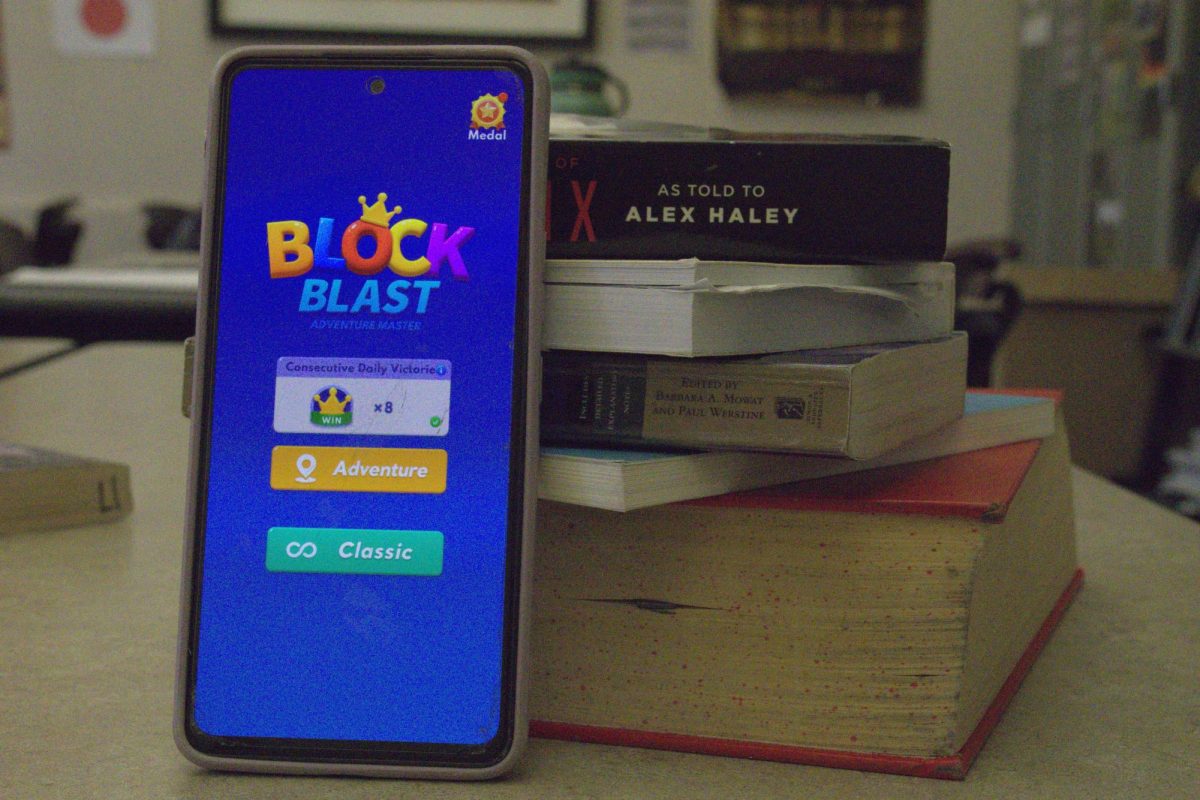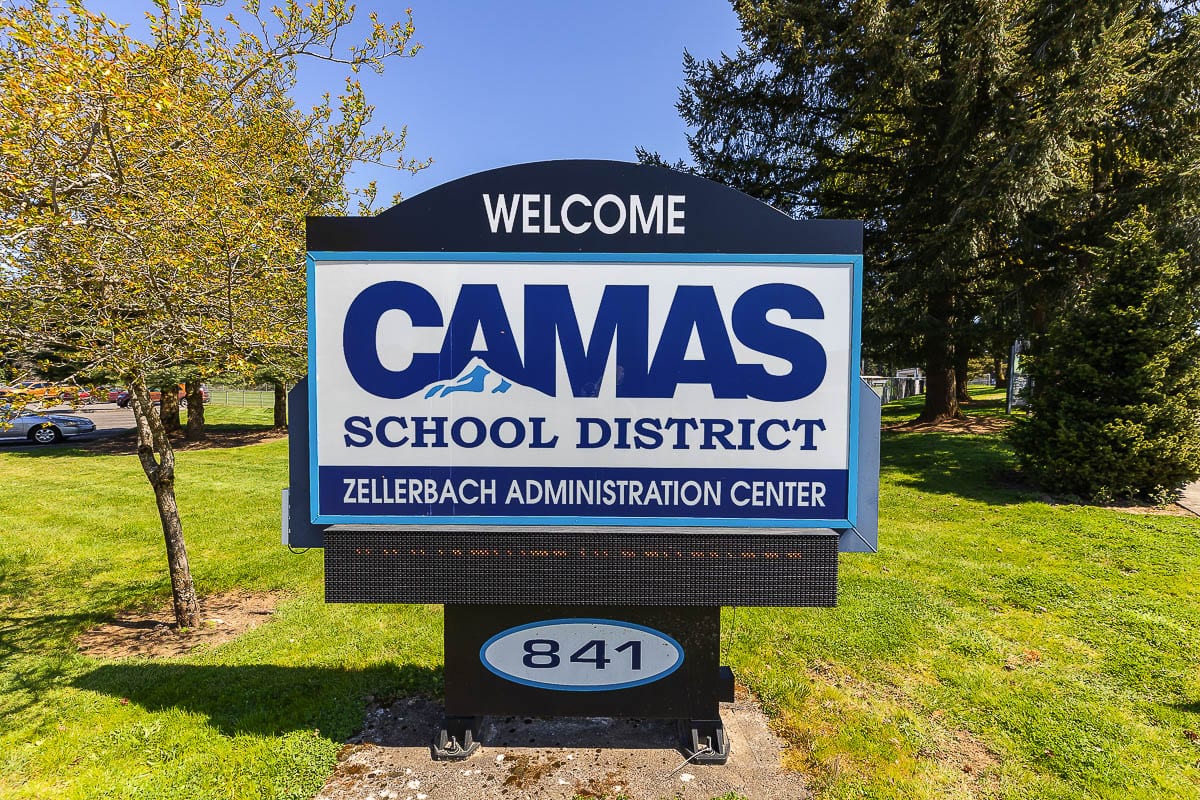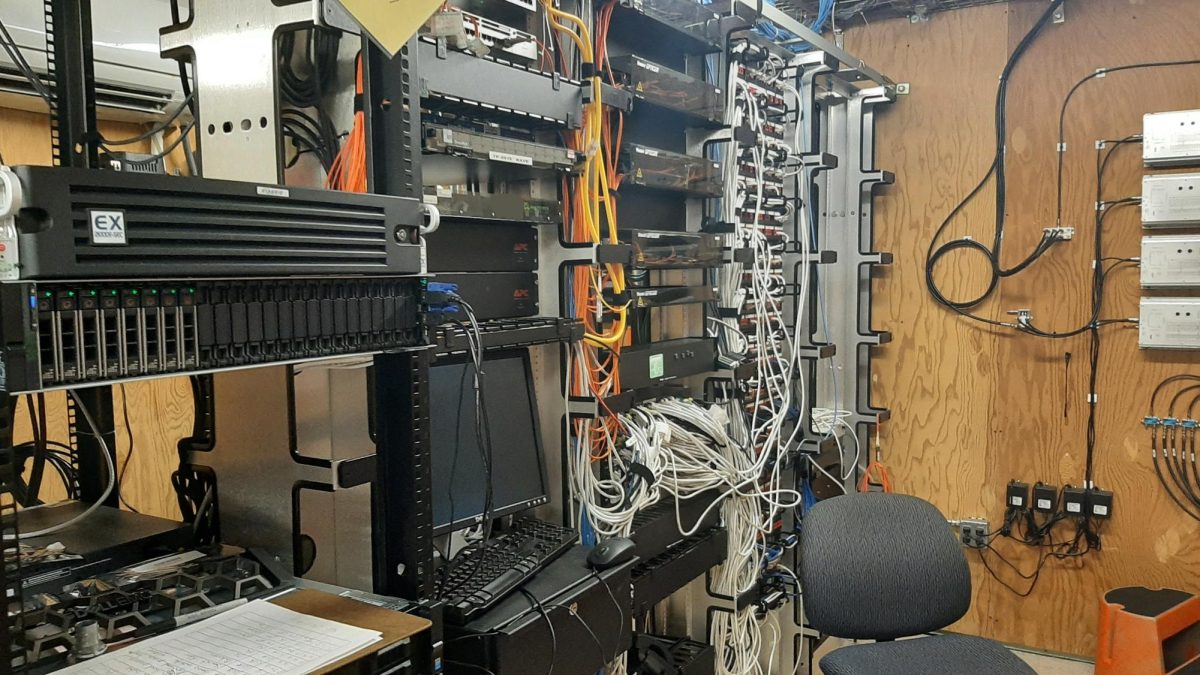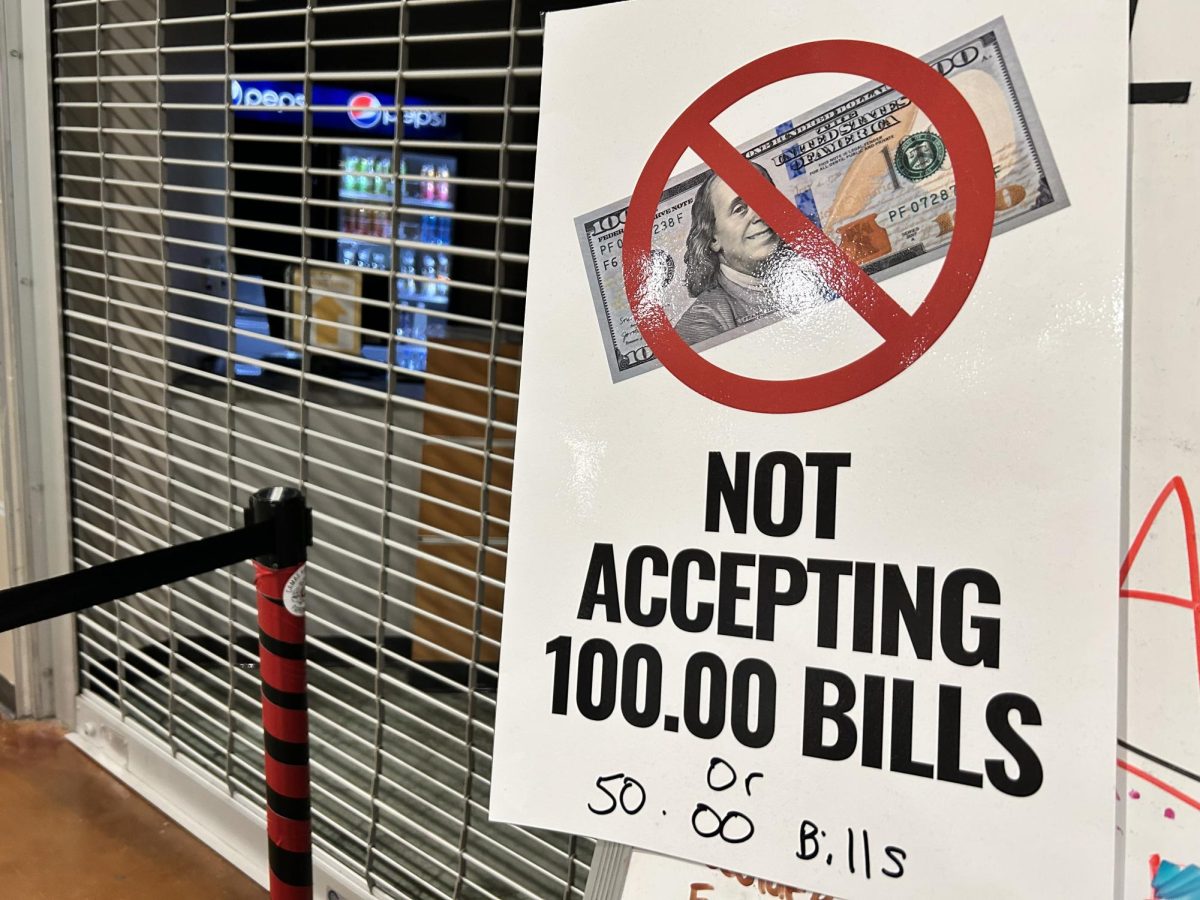
Juggling school, clubs, sports, extracurricular activities, family life, having a social life, free time, time to eat, time to sleep–there are only 24 hours in a day.
Do students really need to have jobs? Sure, having extra cash is helpful for the average high school individual. But to sacrifice sleep, meals, and time for homework might conflict with a part-time occupation.
The below students are currently enrolled at Camas High School full time.
Junior Aaron Brown works 16 hours every week. However, he works on the weekends. Brown states, “It doesn’t affect my schoolwork, actually. I do not sleep much as it is, so my job doesn’t really affect my sleep schedule.”
Junior Lauren Kelly nannies for children in Camas. She states, “I babysit after school a couple days every week. I have time to complete my homework so I can’t complain about my job.”
Senior Talia Sampson works at Fred Meyer. Sampson reveals, “I work on Friday nights and Saturdays, which is not at all inconvenient for my school life. Even though I make minimum wage, I am grateful to have a job.”
For the state of Washington, there are laws that limit minors working. From Sunday to Thursday, minors of 16 or 17 years of age are not allowed to work past 10 PM or before 7 AM. On Friday and Saturday nights, minors over the age of 15 are not allowed to work past 12 AM or before 5 AM.
These laws are placed to prevent child labor and the lack of schooling. However, these laws help students not work too late or too early. Because the majority of minors are enrolled in school, questions are starting to arise concerning running start students.
Do students need to focus on school or apply as they wish?








































